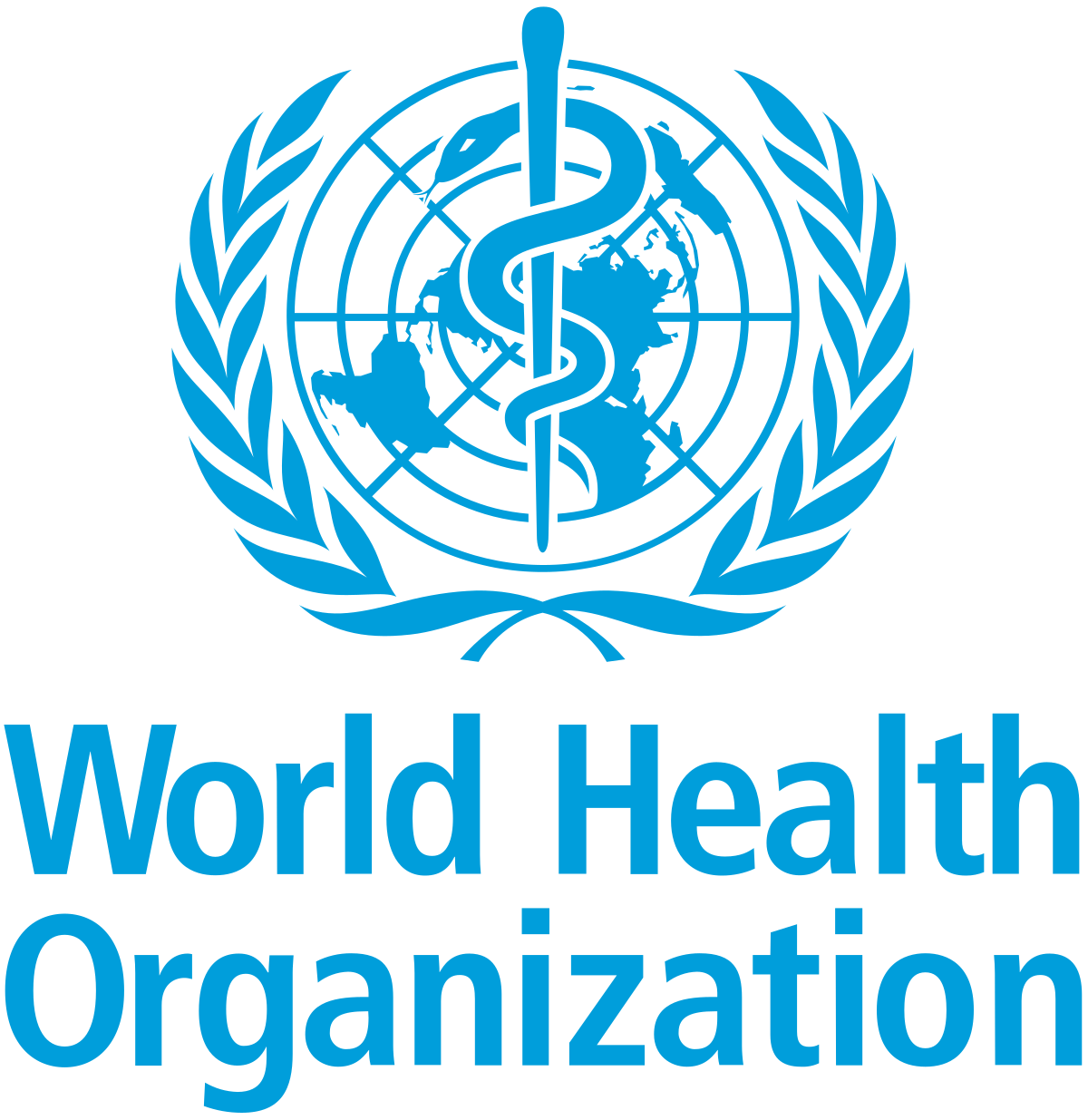
ABUJA, Nigeria – The World Health Organisation (WHO) has urged Nigeria to increase public health spending to 20 per cent of total expenditure to strengthen resilience and equity in its health system.
Regional Director, Prof Mohamed Janabi made the call on Thursday in Abuja during the National Health Financing Dialogue themed “Reimagining the Future of Health Financing in Nigeria.”
“With more than 223 million citizens, how Nigeria finances health is vital for the well-being of its people and the future of the continent. Healthier populations are more productive, more resilient to shocks, and better positioned to drive inclusive growth,” Janabi said.
He praised reforms including the Basic Healthcare Provision Fund, the National Health Insurance Authority Act, and state-level schemes, calling them “steps in the right direction.”
African Union Commissioner for Health, Amb. Amma Twum-Amoah, stressed that Nigeria’s leadership was critical for Africa’s health security. “Amid today’s financing constraints, Nigeria has charted a bold path by approving 1.7 billion dollars for the HOPE Projects to strengthen governance, expand primary healthcare, and improve nationwide service delivery,” she noted.
She reminded participants of the Abuja and Abuja+12 Declarations, where leaders pledged at least 15 per cent of national budgets to health.
Federal Health Permanent Secretary Daju Kachollom announced a presidential directive mandating health insurance across all government agencies. “Mandatory health insurance is here to stay,” she said.
The four-day dialogue concluded with calls for evidence-based strategies and sustainable financing.



